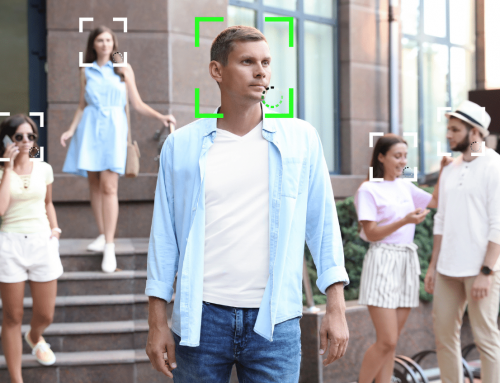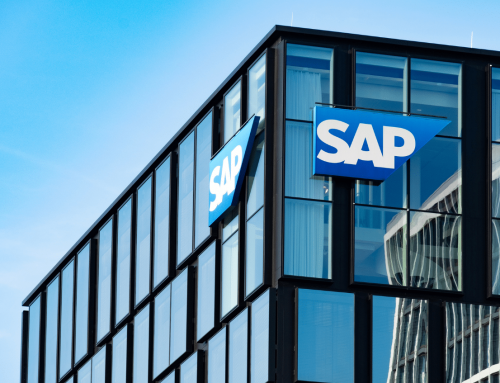A look behind the scenes of modern self-service checkouts
Self-service checkouts in supermarkets are no longer a novelty. But what if your shopping is suddenly under close surveillance? Edeka is making headlines with a new security concept. There are not just the usual employees at the checkouts - a store detective monitors every product that the customer scans. But how far can this surveillance really go?
Why this monitoring should be necessary now
Edeka has continued to expand its self-service checkouts in recent years. More and more people are using them to make shopping quicker and easier. However, with the increase in use has also come challenges. According to experts, theft in supermarkets has risen considerably in recent years. A store detective who monitors every scan is supposed to ensure that theft is reduced and tampering is detected. That sounds understandable, but isn't it also a fair amount of surveillance?
Technology makes the difference
Technological innovations have also found their way into the area of self-service checkouts. New systems with artificial intelligence (AI) automatically detect suspicious movements and raise the alarm if something is wrong. A customer who scans too slowly or suddenly cancels an item can be detected in advance. But this raises questions: How much control is too much? And how transparent are these systems really?
A piece of freedom is lost
Increasing surveillance by cameras and store detectives is causing unease among customers. Anyone who feels they are constantly being watched during a short shopping trip not only loses a piece of their privacy, but also their trust in the brand. You might ask yourself: does the price for more security really have to be paid in the form of constant monitoring and mistrust? Sure, theft is a serious problem. But what happens to the general trust of consumers? Is the supermarket changing from a place of commerce to a place of surveillance?
A double-edged sword
Edeka is going a step further than many other retailers by monitoring its self-service checkouts. On the one hand, this may be a solution to the increasing number of thefts, but on the other hand it could deter customers permanently. We are curious to see how this model will develop. Will the customer feel like they are being "audited" or will they find the increased security measures reassuring?
Critical commentary: Security at any price?
Edeka's new security strategy has its price - and it's not just financial. The constant monitoring at checkouts can quickly lead to a "surveillance state" on a small scale. It's a question of balance: how much security is necessary without losing the trust of customers? In the end, the question remains as to whether there are other, less invasive solutions that would achieve the same results.







